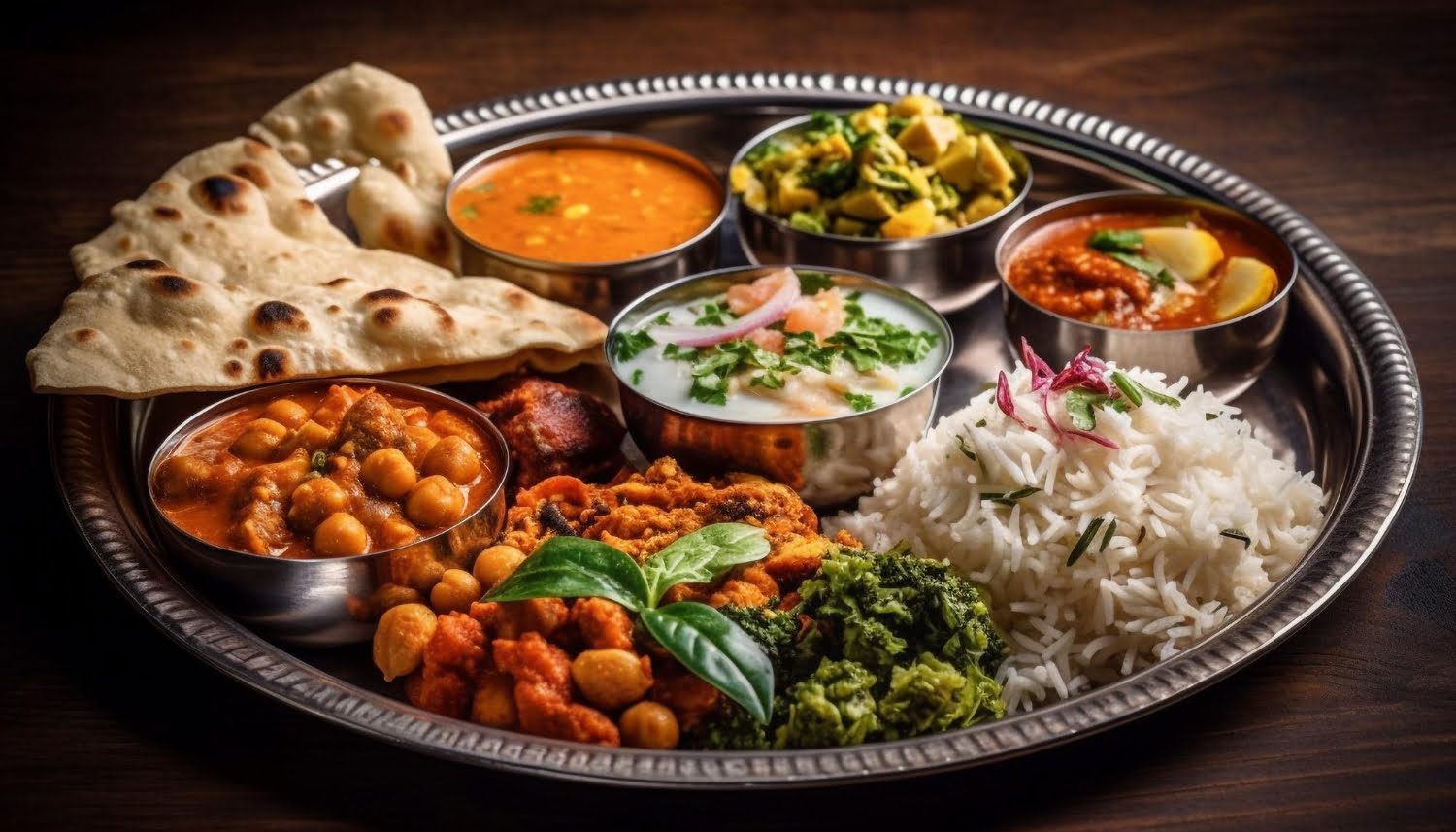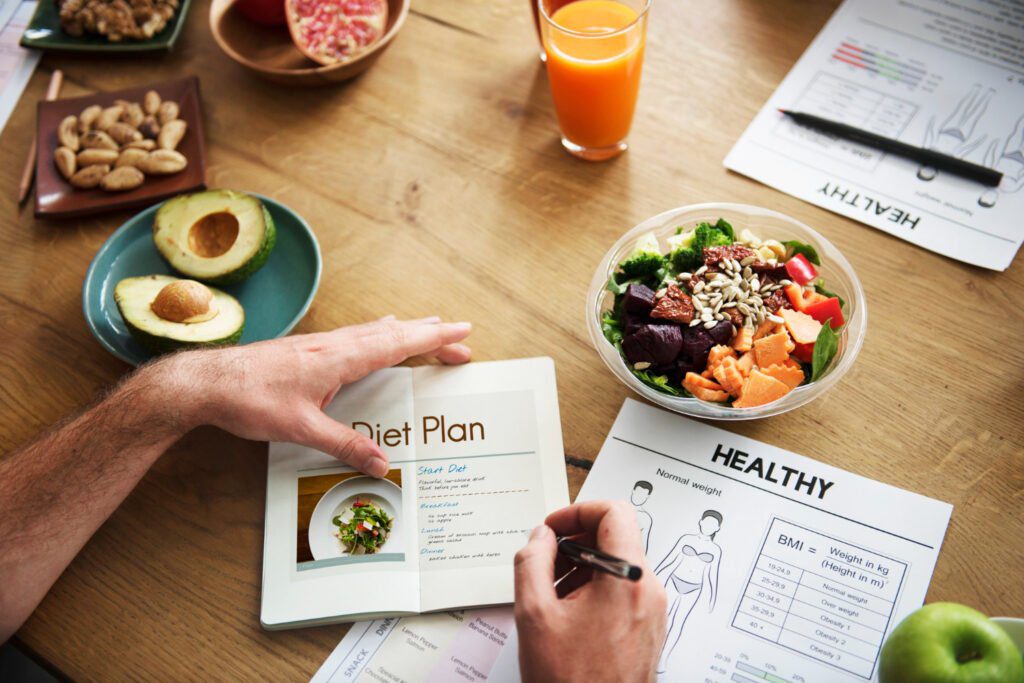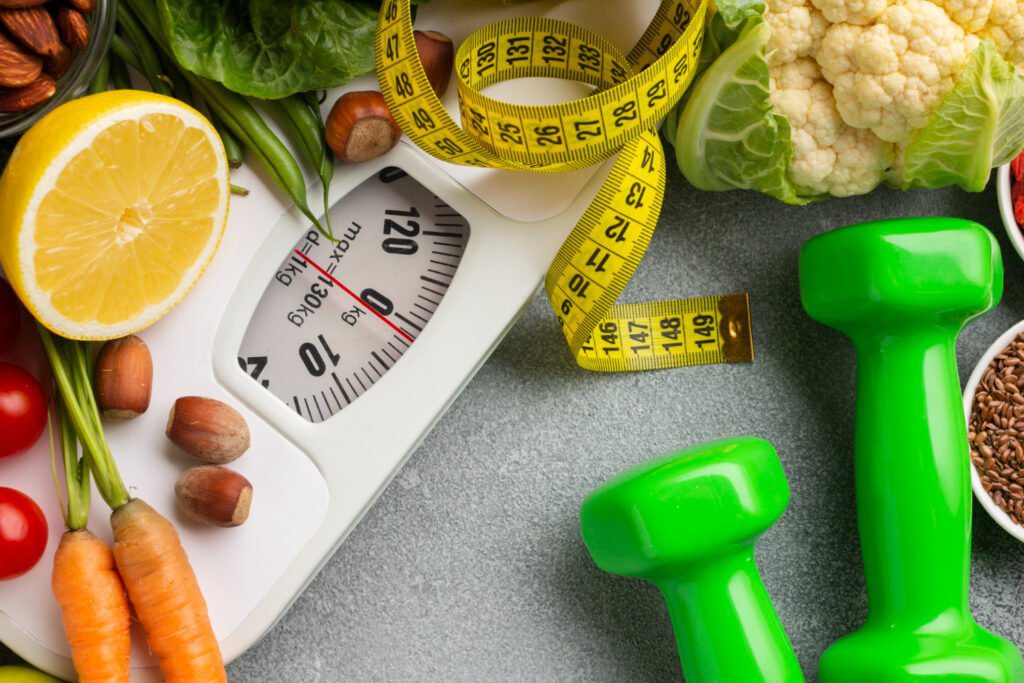We are all familiar with the fact that eating healthy is a must for living a healthy lifestyle. But the question still remains: how many meals should we have in a day? This is the classic question that has been asked by many and to this day, there is no one answer that suits everyone. It depends on your personal situation and goals, as well as the type of diet you are following. In this article, we will go through different eating habits and discuss how to figure out the right number of meals you need to consume.
How Many Meals Should We Take in a Day?
It is a good idea to plan how much food a day we need to consume. The quantity of meals a person should consume each day is influenced by his own choice, way of living, and dietary needs.
For most grown-ups, having breakfast, lunch, and supper, as well as one or two snacks, is an the acceptable number of meals per day to get their necessary nutrients but at the same time, to not overeat. Nonetheless, one should always pay attention to oneself and consider their individual situation when it comes to meal frequency.
It is also a practice loved by many looking to maintain or even add some pounds to their weight to eat modest amounts of meals most of the day. Eventually, what matters the most is to locate the habit of eating that suits you the best and your lifestyle as well.
Different meal plans.
The term “different meal plans” can refer to a variety of the following types of diets: low-carb diets, high-protein diets, low-fat diets, vegetarian diets, vegan diets, and balanced diets.
Low-Carb Diet.
This variety of diet is concentrated on decreasing the amount of all kinds of carbohydrates consumption, e.g. starchy foods, sweets, and refined grains. Consequently, low-carb diets concentrate on eating mainly protein and non-starchy vegetables, as well as healthy fats.
High-Protein Diet.
These diets are designed around consuming lean proteins like fish, chicken, and low-fat beef cuts. The diets also involve the utilization of good fats, such as the ones present in olive oil, avocados by providing the body with the necessary nutrients.
Low-Fat Diet.
This type of diet strictly defines the volume of fat you can eat. This typically includes eliminating high-fat foods like red meat, full-fat dairy products, and processed foods from the menu.

Vegetarian Diet.
Well, a meat- and fish-free diet suggests no animal products in it, but eggs and dairy are allowed. The idea is that one should eat plant-based foods, like fruits, vegetables, legumes, grains, nuts, and seeds.
Vegan Diet.
This diet omits animal products, milk, eggs, and also honey, besides that it is mainly plant-based food, fruits, nuts, vegetables, legumes, and seeds, which are the main components of the diet.
Balanced Diet.
With this kind of diet, one concentrates on consuming a mixture of healthy foods in moderate amounts. This diet plan encompasses the full range of food such as lean proteins, whole grains, fruits, vegetables, dairy, and healthy fats.
How to Determine the Right number of Meals for Your needs?
1. Consider your age and activity level.
The number of meals you require daily can be more or fewer depending on your age and the intensity of your physical activities. In most cases, kids and young adults require more meals than older people, while people that are physically active may need more meals than those who sit most of the time.
2. Consider your health goals.
Are you trying to gain muscle, lose fat, or maintain your current weight? Depending on which goal you’re working towards, you may need more or fewer meals each day.
3. Monitor your hunger levels.
Are you feeling full after eating one or two meals, or are you still feeling hungry? If you’re feeling hungry, you may want to increase the number of meals you’re eating.
4. Monitor your energy levels.
Are you feeling energized throughout the day, or are you feeling tired and sluggish? If you’re feeling tired and sluggish, you may want to increase the number of meals you’re eating.
5. Talk to a health professional.
If you’re still unsure of the right number of meals for your needs, talk to a healthcare professional. They can help you determine an optimal meal plan based on your age, activity level, health goals, and other factors.
Final Thought.
The number of daily meals is the very thing for each human to decide and it should be according to individual needs. Furthermore, we should ensure that our meals are well-balanced and nutritious, and we are having enough to provide for our body’s energy and nutrient needs. By planning and evaluating our meals, we can effectively control the right amount we eat per day.
How we reviewed this article:
Our team of experts is always monitoring the health and wellness field, ensuring that our articles are updated promptly as new information emerges. See Our Editorial Process
Jun 29, 2025
Written By: Nebadita
Reviewed By: Corissa S.
Written By: Nebadita
Reviewed By: Corissa S.

 Workout
Workout
 Meditation
Meditation





 Contact Us
Contact Us










